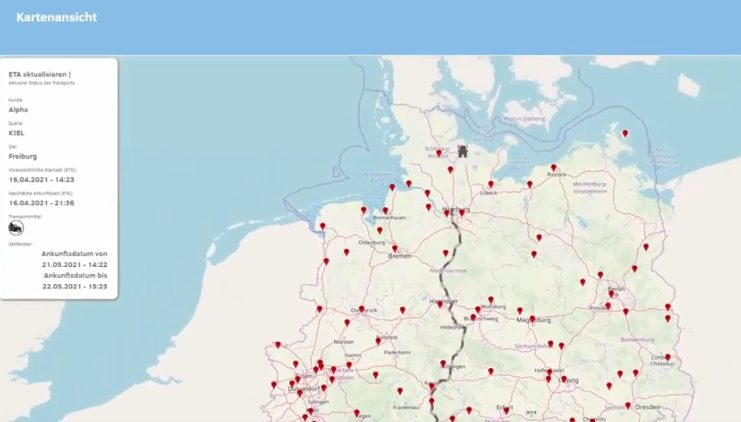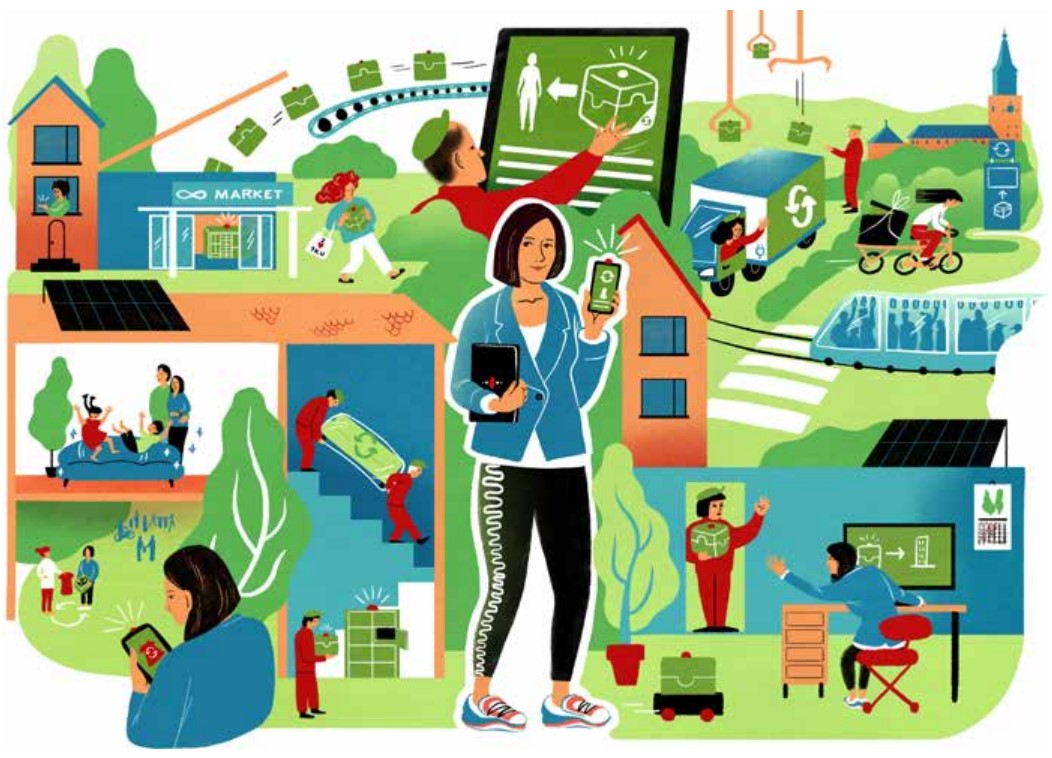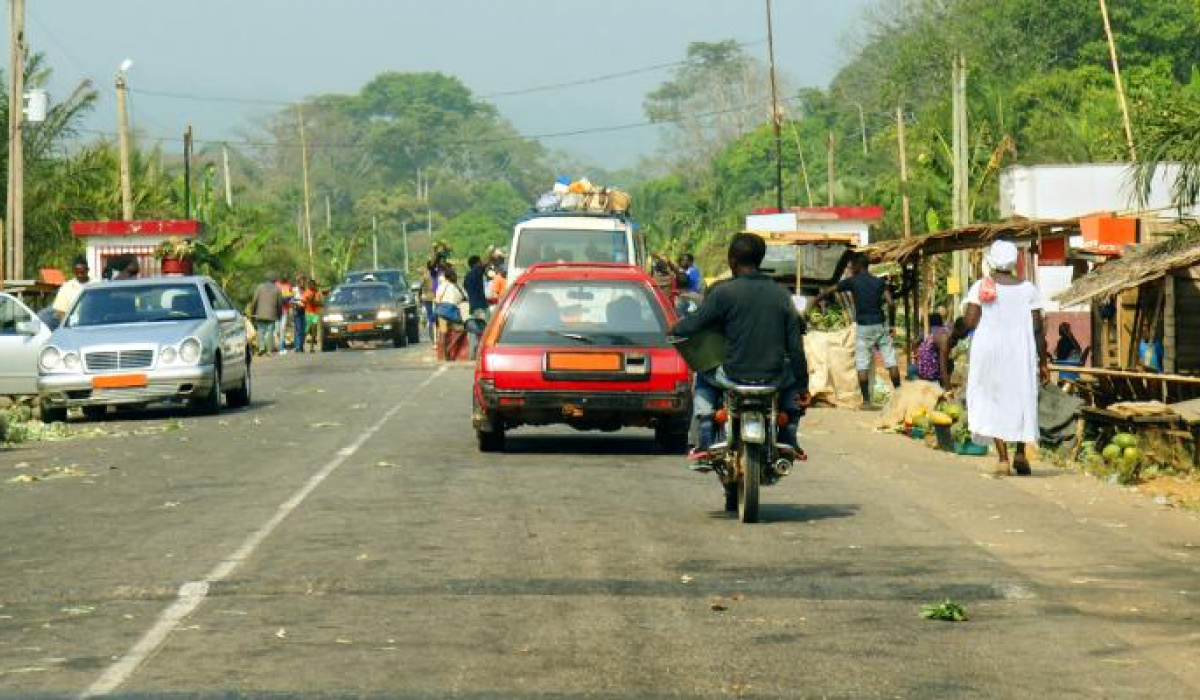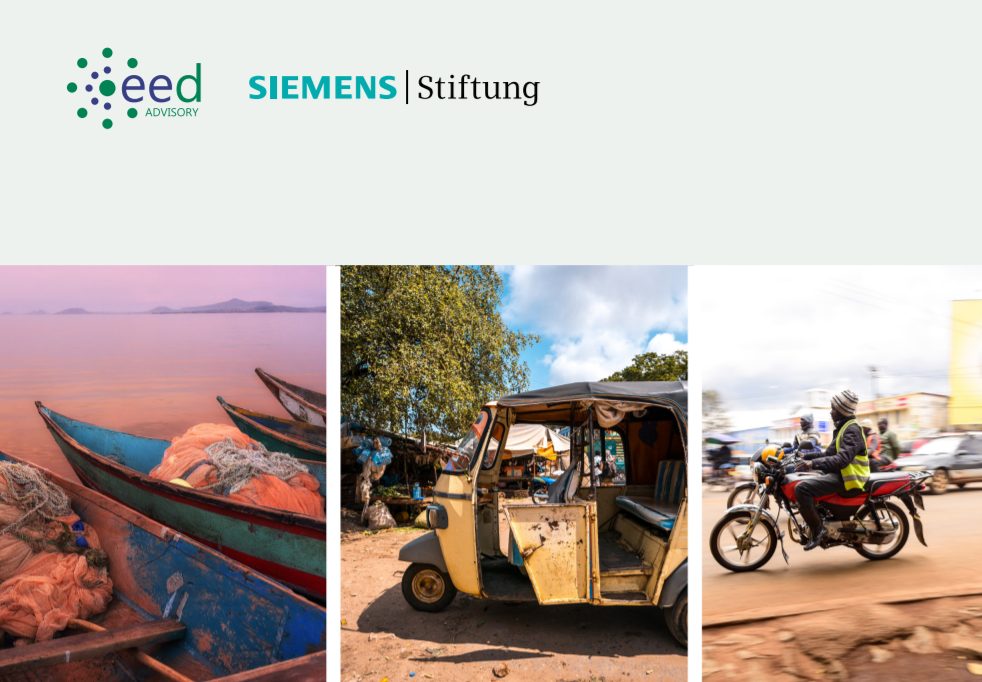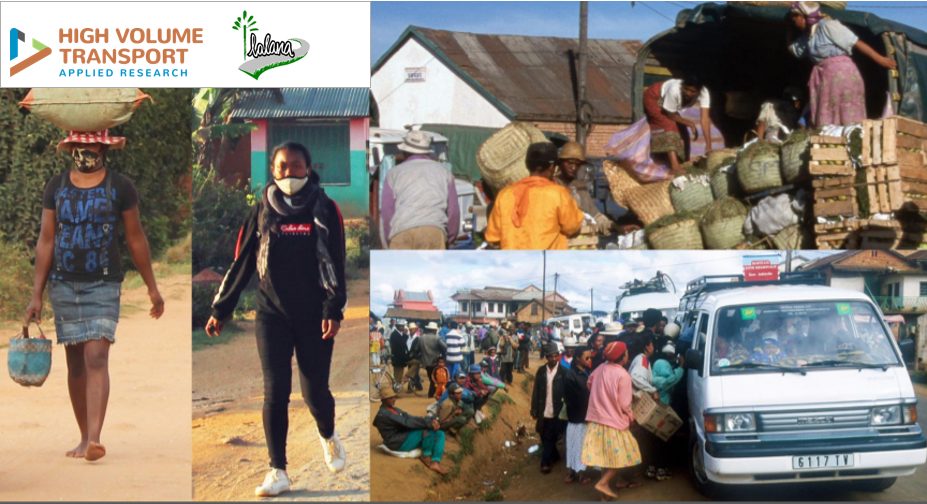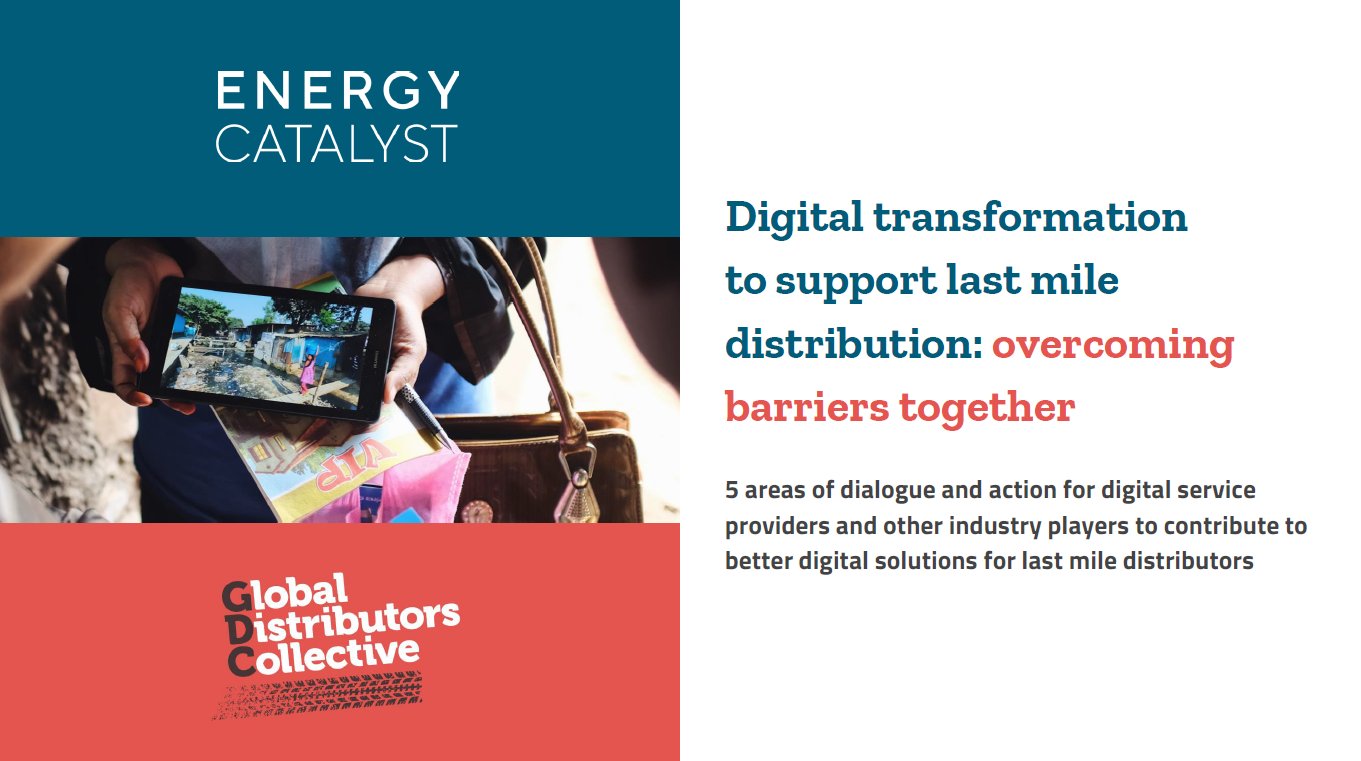The declared goal of every logistics service provider is to provide its customers with reliable arrival times. In the development project “Building an AI-based ETA service”, the scientists are now setting up a learning system in the form of an open framework. From an end-user perspective, the AI-powered ETA service improves the accessibility of intermodal […]
The service enables companies to uniquely identify load carriers camera-based and only on the basis of their external features. In a first step, the focus was on the classic Euro wooden pallet (“Pallet Fingerprint”), as these do not contain any conventional identification features and imprints are not durable due to colour changes and wood abrasion. […]
In most companies, delivery notes are still classified and processed by employees. With the application, this process can be automated: The software classifies scanned documents with the help of automatic text recognition. It then evaluates the contents. In addition, the programme can trigger further processes on the basis of the delivery notes, for example, create […]
Written by Pauli Komonen, Antti Ahola and Sofi Kurki Will all goods be home delivered in the future? Are there other services connected to the delivery? Will you be able to send some goods for recycling at the same time? Is the service highly automated? Are the goods delivered by drone, bicycle or electric vehicle? […]
One of the main challenges in the adoption of electric vehicles (EVs) is high upfront cost compared to ICE vehicles. Challenge of high cost of asset(s) is further aggravated with lack of affordable financing with both lack of affordable financing both for manufacturing and with purchase of the vehicles. Lack of affordable finance is due […]
The Transport Task Force report providing recommendations as well as a general context overview on transport cooperation and connectivity.
While the benefits (especially environmental benefits) of embracing e-mobility for rural and peri-urban areas in Africa are obvious, most business decisions are made based on assumptions and unstructured data. Siemens Stiftung sought to address this information gap by assessing the environmental benefits to be accrued from using e-mobility as an alternative to conventional solutions through […]
Over the last two decades, motorcycle and motorised three-wheeler taxis have become important means of transport in many sub-Saharan African countries, including in rural areas. However, the emerging role of mobile phone technology in improving mobility in rural areas is currently under-explored in the literature. This paper presents the findings of a small-scale research study […]
COVID-19 impacts on the peri-urban mobility of women and vulnerable households in Madagascar
Global Distributors Collective (GDC) & Energy Catalyst 5 areas of dialogue and action for digital service providers and other industry players to contribute to better digital solutions for last-mile distributors Digital solutions have become an integral part of the last mile distribution sector. They hold tremendous potential to increase efficiencies when operating at scale.Needless to […]

